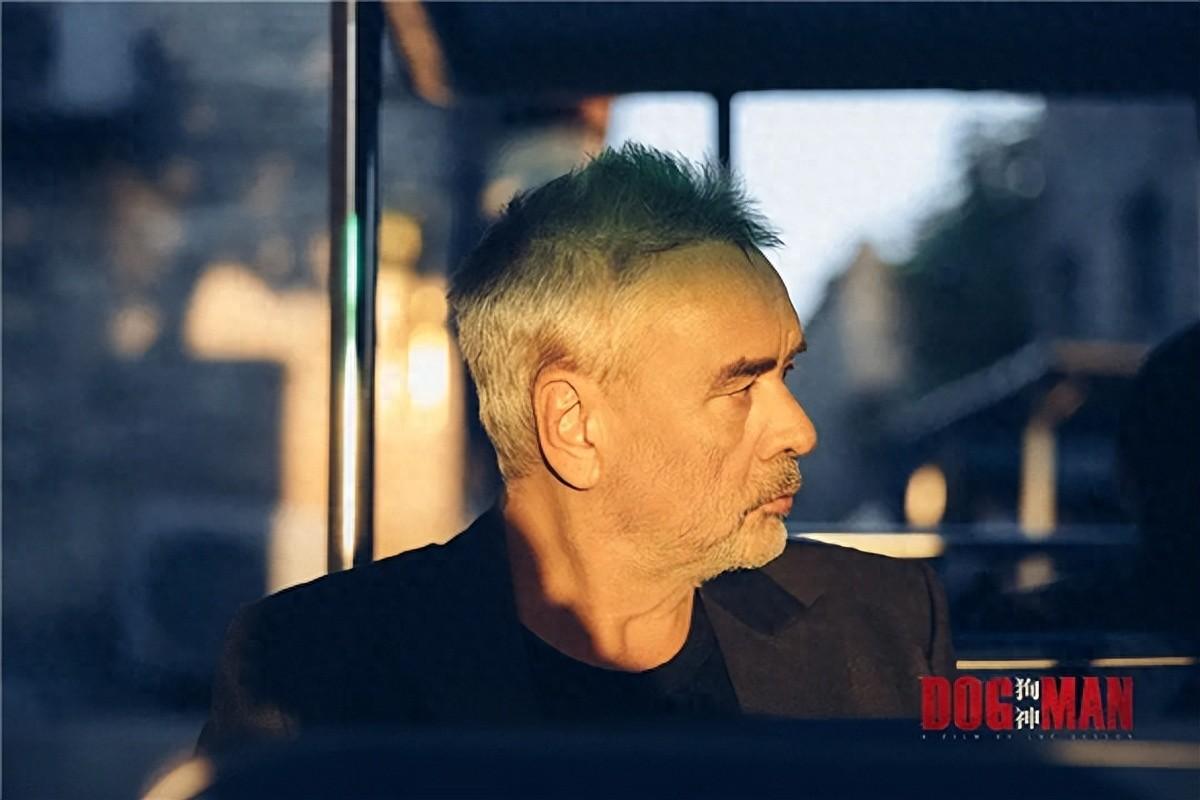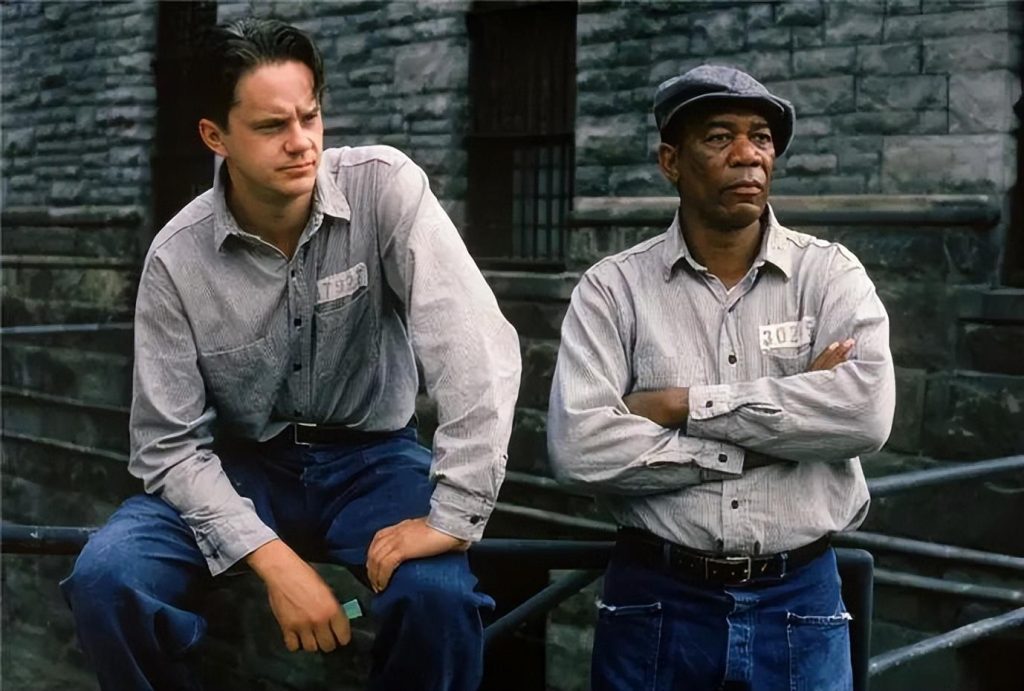Among the world’s most acclaimed living French directors, Luc Besson is somewhat unusual. In his critically acclaimed films, you can see echoes of the “New Wave” of French cinema, which focuses on complex human and metaphysical life’s ultimate questions, with a recognizable aesthetic style; You can also see the narrative routine of Hollywood commercial genre films, as well as the audio-visual spectacle full of sensory stimulation. And all of this serves the ultimate emotion and deep philosophy that runs through the film, so that the audience can be firmly attracted by the thrilling plot, tears for the characters’ misfortunes, and can trigger deeper thinking.

The transcendence of Luc Besson’s artistic view leads to the diversity of his film world. To some extent, it can be said that Luc Besson has been trying to jump out of the barriers of art film and commercial film, trying to achieve a delicate balance of artistic style, type structure and ideological depth. The new work “Dog God” is just such a film.
The original intention of directing this film came from a real news that Luc Besson saw a child who was locked in a dog pen by his biological father for four years. He can’t help thinking about how to resolve psychological and emotional wounds that are more difficult to heal than physical scars.
Will a life marked by pain be humbled, will it hold the torch of revenge high, or will it cherish the gift of love more? Perhaps the complexity of life and human nature lies in the chaos of light and darkness, but Luc Besson chose the binary opposition mode of “giving love to kiss, giving hate to enmity”, in order to highlight the hero “dog God” Douglas’s self-redemption full of sadness and power.
Born in 1991, Douglas has only felt affection twice in his life. One came from the mother, who was cowardly and pregnant again. After her son was put in the dog pen, she chose to escape and protect herself, but left him with a good memory of love. The second came from a drama teacher in a juvenile welfare institution, who taught him makeup and acting and, while unable to give him the equal love of both sexes as the teenager wished, provided a respite for his wounded soul.
Unwilling to face or like his own life, saved by Shakespeare, Douglas plays someone else in Shakespeare’s plays, nourished by the art world, and struggles to fit in. However, the physical disability caused by the accident when he was rescued makes him suffer discrimination and cold eyes, and can only barely survive by singing in a drag bar.
This time it was Edith Piaf, a French national anthem player, who saved him. He wore a long black dress, wearing a curly wig to sing her “La Vie en Rose” “Ode to Love”, Piaf also had an unhappy childhood and tragic encounter, her songs full of wind and love is his inner portrayal.
Since there is no love and respect in human society, Douglas chooses to associate with dogs, because of the lack of love, so desire, real life and nowhere to place love, all to the dogs who will never betray him. The film does not follow the warm narrative common in pet movies, and the camera shows hundreds of dogs of various breeds around him, like a dignified general and loyal soldiers. Accompanied by Piaf’s “No, I don’t Regret Anything,” Douglas leads a pack of dogs to rob the rich and give to the poor like vigilantes and fight gangsters.
Shakespeare’s depth and richness, Piaf’s tenacity and pride, formed the background color of his rebellion. In his childhood, the banner on the dog pen “in the name of God” was an excuse for his brother to punish and insult him, but Douglas saw the words “dog man” (dog God), he grew up in misfortune, can only live with dogs, but still live as a man.
Defying laws and worldly morals, he stood surrounded by dogs and made strange strides to the church door. Douglas did not need to be judged, he took sin, created himself, and interpreted love.
Kaleb Landry Jones’s layered and powerful performance allows the audience to enter the heart of Douglas. Also a crime theme, “Dog God” continues Luc Besson’s “The Killer is not too cold” dark fairy tale and thinking of pain, sharp, warm, extremely romantic and full of rebellion, using the film to tell the waste land that is shrouded in darkness and eroded by pain, can still open a gorgeous flower of love.











